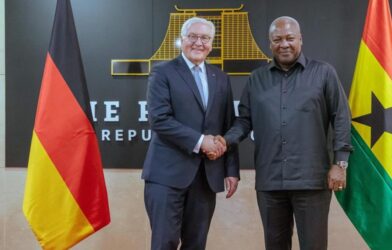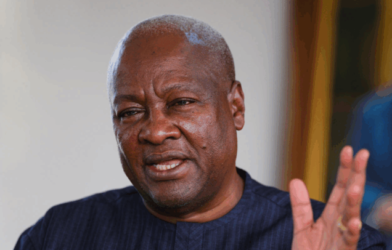Washington, D.C. – April 22, 2025
Ghana’s Finance Minister, Dr. Cassiel Ato Forson, has sounded an urgent call for sweeping reforms in the country’s energy sector, describing it as the biggest economic threat facing the nation today.
Speaking at a high-level session on the Ghana Energy Compact under Mission 300 at the World Bank, Dr. Forson revealed that the sector is grappling with a staggering financial shortfall of approximately $2 billion — a figure that surpasses Ghana’s entire domestic capital expenditure.
“This challenge goes beyond tariffs,” Dr. Forson emphasized. “The entire energy value chain requires urgent reform.
Inefficiencies, especially within the distribution sector, are being passed onto the ordinary Ghanaian through high electricity tariffs.”
He singled out the Electricity Company of Ghana (ECG) as a key player in the problem, suggesting that addressing inefficiencies within the company alone could cut the financial gap by half.
In a bid to inject transparency and sustainability into the sector, the Minister disclosed that Cabinet has approved private sector participation in power generation.
A Legislative Instrument has already been submitted to Parliament to enable competitive procurement for new power plants.
“These are critical steps toward ensuring long-term stability in the sector,” he said.
Dr. Forson expressed optimism about the Ghana Energy Compact initiative, describing it as timely and potentially transformative. However, he cautioned that success would depend on swift and deliberate action.
“Time is of the essence,” he said. “We must act swiftly to turn this around for the good of our economy and the well-being of our people.”
The Energy Compact, under Mission 300, aims to create sustainable energy solutions for Ghana’s future, with strong backing from international development partners including the World Bank.
The Minister’s remarks come at a time of increasing concern over rising utility costs and the impact of energy sector liabilities on Ghana’s broader fiscal stability.
Report By: Robicon Mornahson











